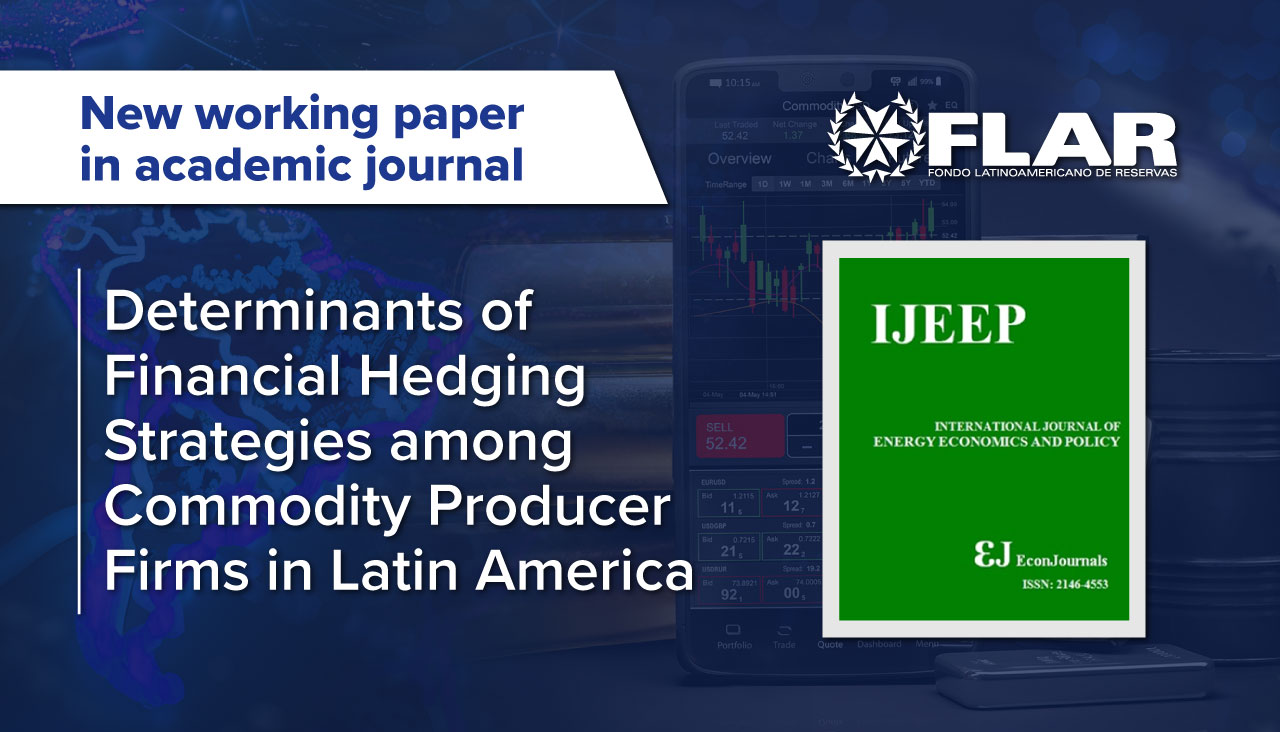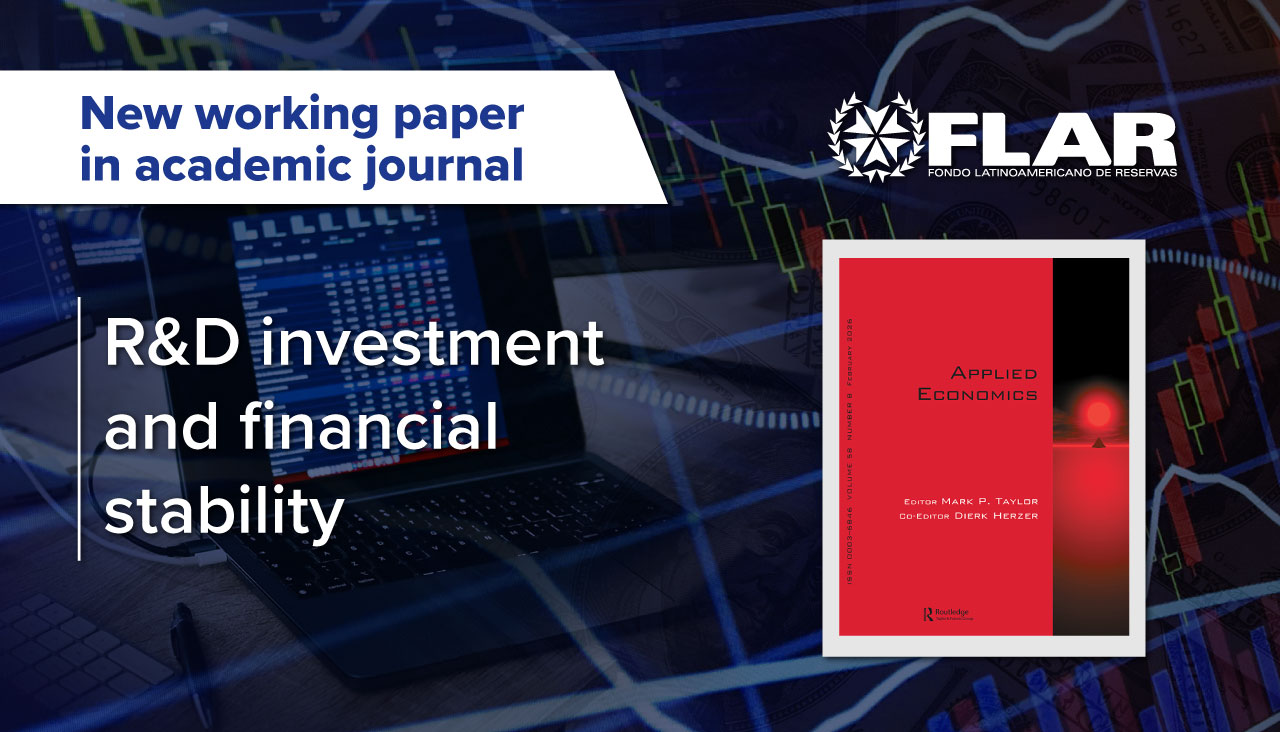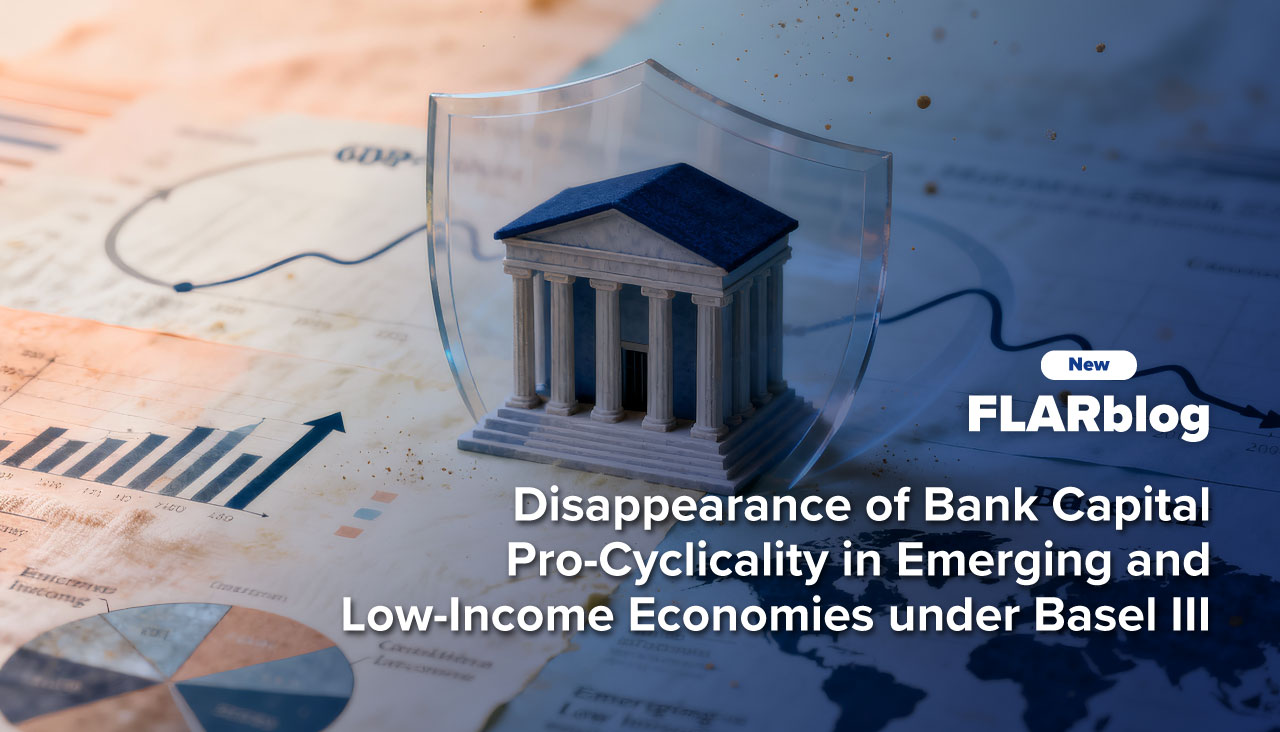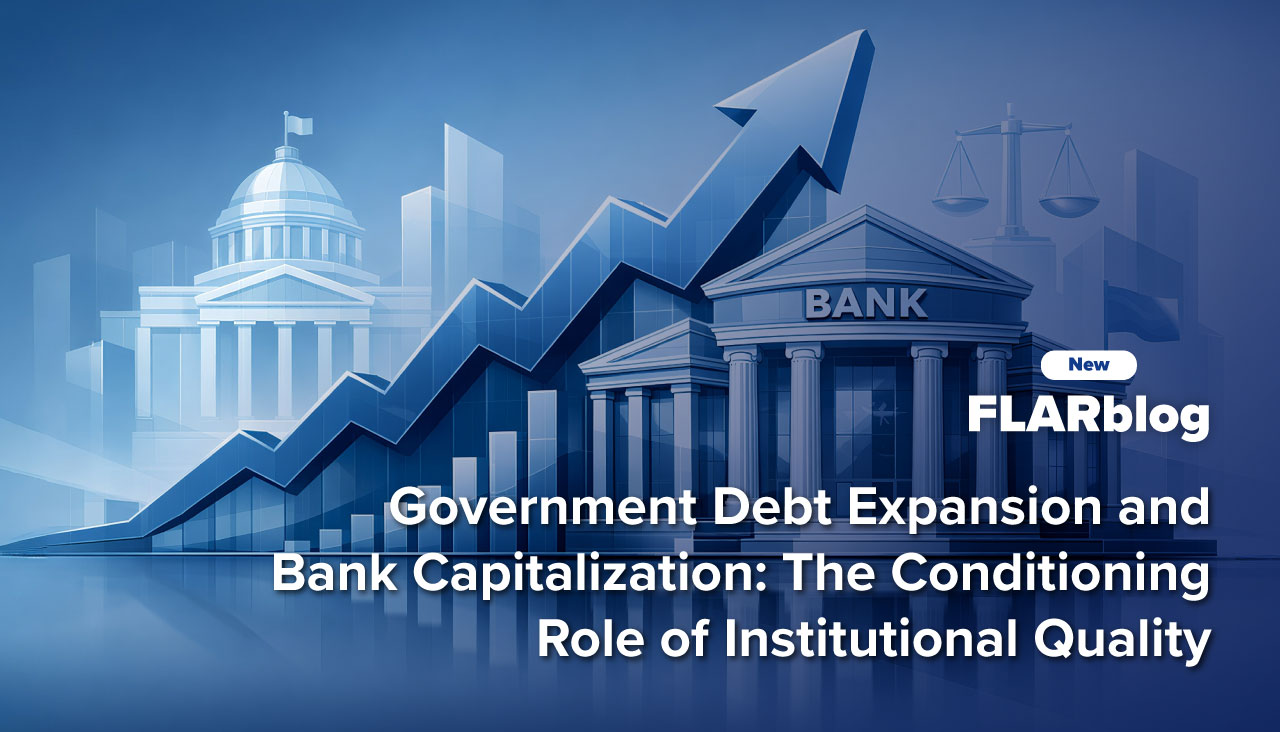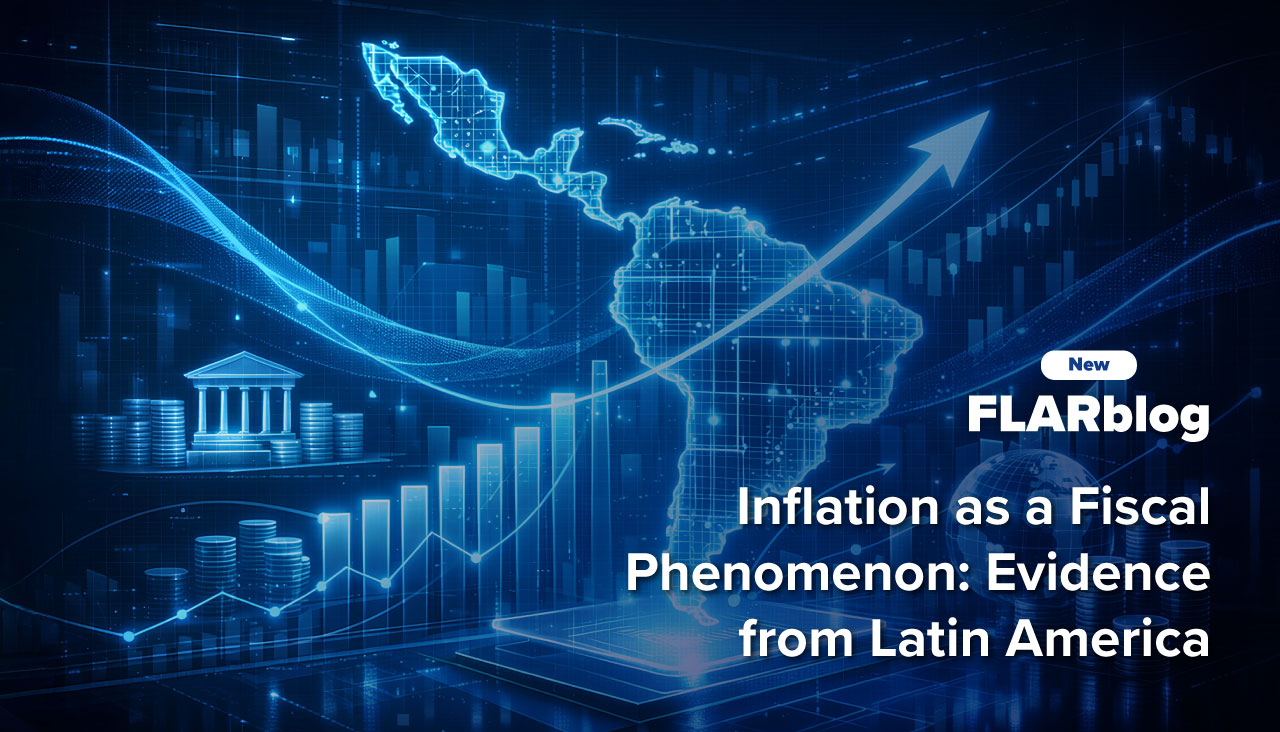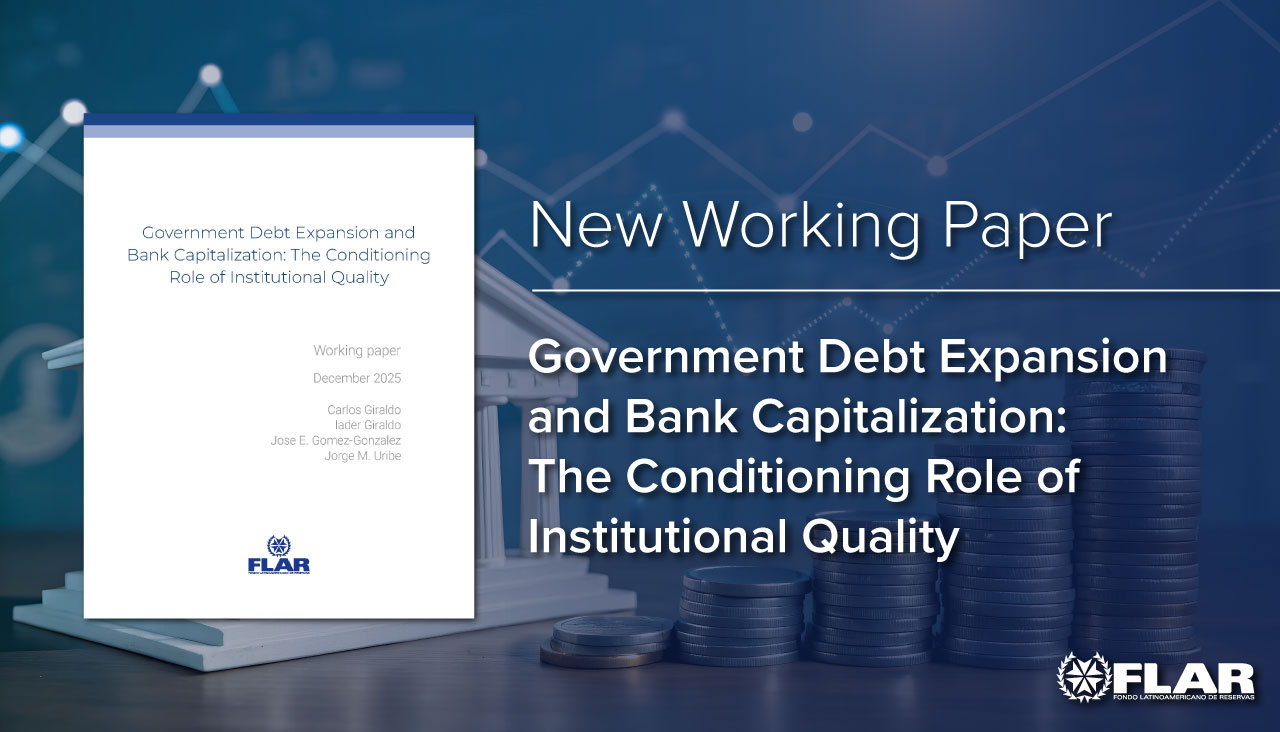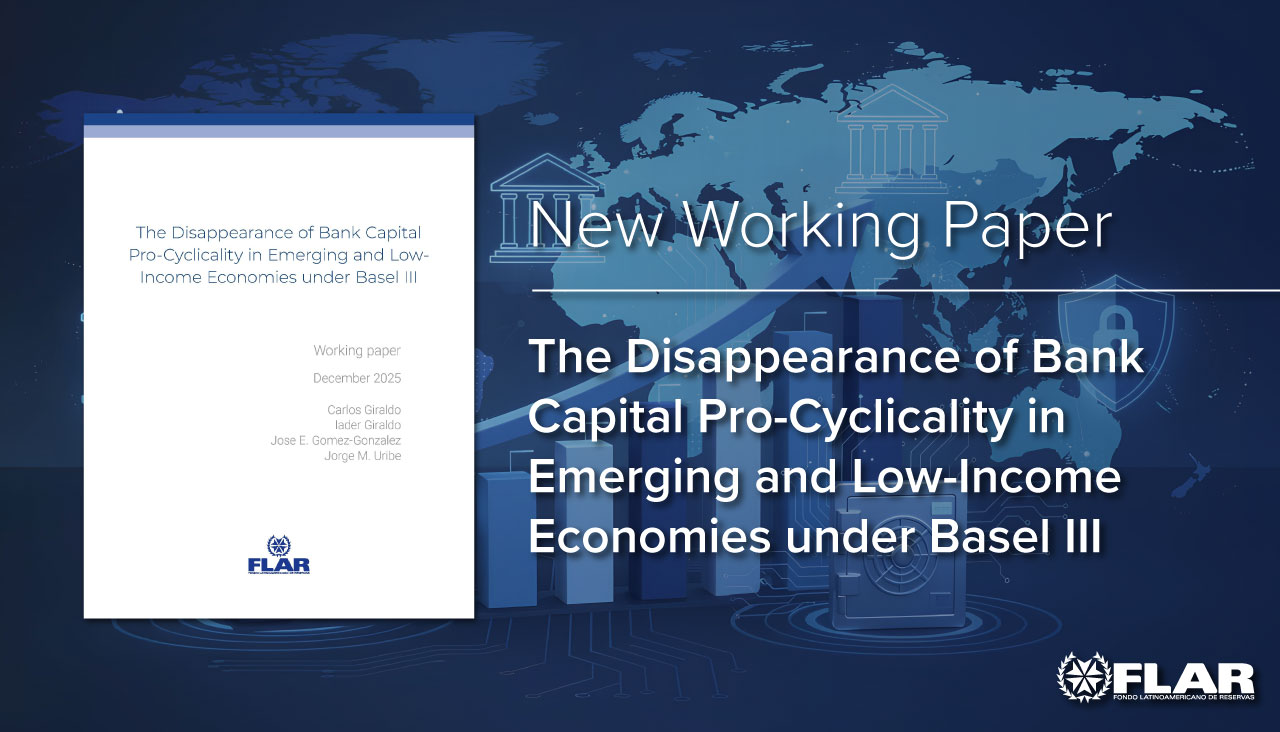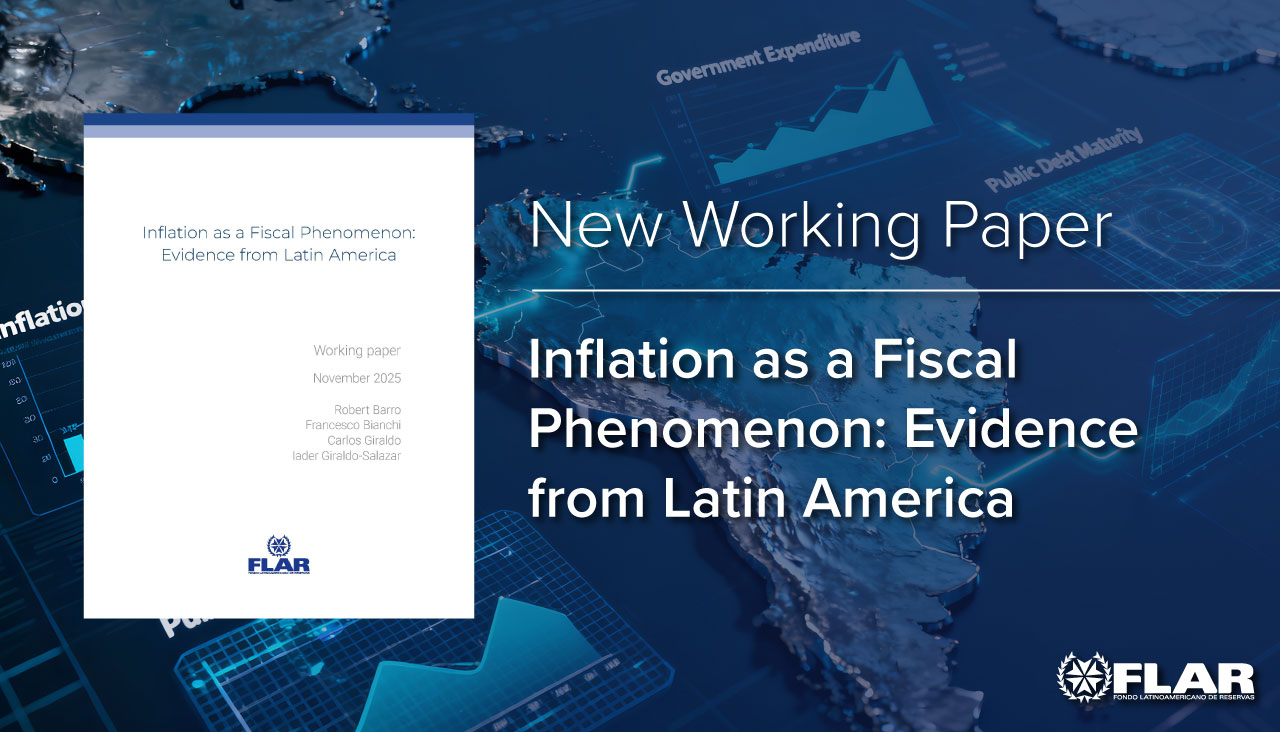In this new blog post, we present the main findings of our recent working paper, “Climate Hazards Meet Overpriced Cities: Linking Environmental Risks to Real Estate Markets Across the Globe”, in which we analyze how climate risks influence housing affordability worldwide, using the price-to-income (PTI) ratio as a key measure.


